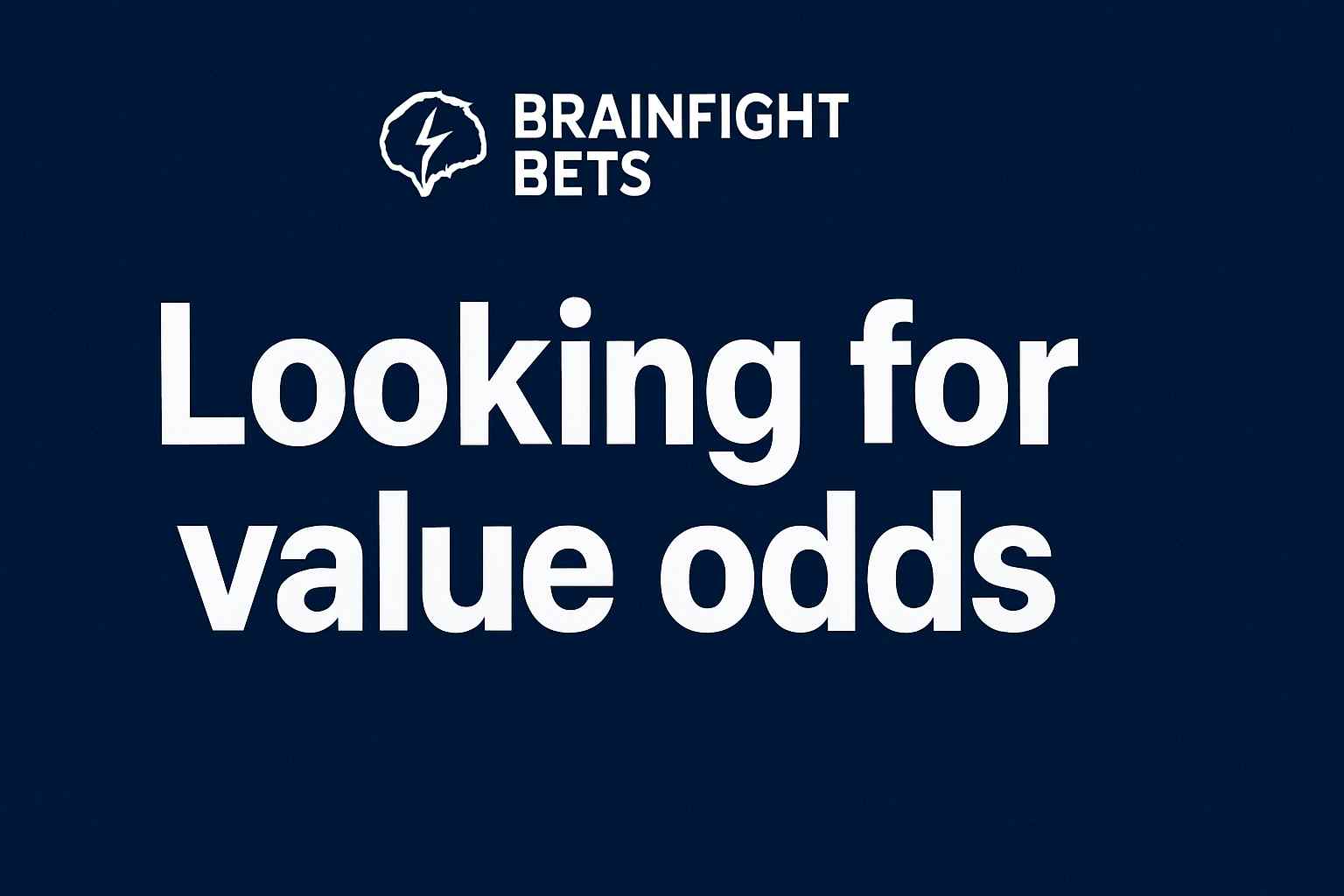
UEFA Futsal EURO 2026 betting odds and predictions
Continuing from the previous topic, let's talk about the concept of "value odds". To understand the idea, we need to see how the odds are formed and what they actually reflect.
When setting a line, the bookmakers aim not so much to predict the outcome of an event, but to balance the bets incoming. Their goal is to secure a profit through the bookmaker's margin. That's why odds reflect not only the mathematical probability of an outcome, but also the popularity of a team with the public. For example, if an admired favourite is playing, the odds on their victory will be lowered because most fans will bet on them.

Value odds appear when the probability of an outcome, as calculated by the bettor, is higher than the probability implied by the bookmaker's odds. In other words, a bet becomes profitable if the real probability of an event is greater than what the line suggests.
Here's an example. Let's say a bookmaker offers odds of 2.20 on Team A to win. This means the probability of their success is estimated at around 45% (1 / 2.20 = 0.454). However, according to the bettor's own analysis, the real chances are higher - 55% at the very least. In this case, the odds are valuable: the player has an opportunity to place a bet with positive expected value. A clear example was the Bundesliga match between Wolfsburg and RB Leipzig last weekend, where the value odds were on Leipzig's victory at 2.57.
It's important to note that value odds don't guarantee a win on every single bet. There will surely be wins and losses along the way. Yet by consistently selecting such bets, we gain a long-term advantage over the bookmaker.
There are various methods of finding value odds. One of them is statistical analysis. We collect data on teams, players, weather conditions, referees, and other factors influencing the outcome of a match. We create our own probability model, using all these stats.
Another option is comparing odds across different bookmakers. Sometimes we'll spot big contradictions: one bookmaker underestimates team A's chances, while another overestimates them. If our analysis aligns with the higher odds, that's a value bet to make.
One more factor to mention is a psychological one. Mass bettors often overrate the favourites and underestimate the underdogs. Bookmakers adapt to the market quickly and lower the odds for the most popular teams. As a result, an attentive bettor may find value precisely in betting on the underdog.
Obviously, searching for value bets requires discipline and objectiveness. The biggest mistake beginners make is betting on their favourite team or at random. For the strategy to work, one must think like an analyst: compare data, look for discrepancies in the odds, and avoid emotional decisions.
In addition, we must consider the financial side. Even the best odds won't help without proper bankroll management. The optimal approach is to bet fixed percentages of your bankroll or use the Kelly criterion to minimise risk and maximise profit.
In conclusion, value odds are the core of professional betting. They allow the bettor to beat the bookmaker over the long run, but they require knowledge, systematic analysis, and strict discipline. For a beginner, mastering the concept of value betting is the first step towards understanding that betting is all about calculation and strategy, rather than a game of luck.
Serge Gorelikov is a professional sports bettor whose column will be published at MightyTips weekly. He'll explain how the betting world works and talk about various aspects of the game - from the basics to advanced stuff, which will be useful to experienced bettors too. For his bets, please follow our official Telegram channel.
More news

UEFA Futsal EURO 2026 betting odds and predictions

Super 6 round 30 predictions and tips

2026 Australian Open betting preview – Odds, favourites & predictions (ATP & WTA)

Arsenal vs Kairat Almaty prediction and betting tips January 28, 2026

Bayer Leverkusen vs Villarreal prediction and betting tips January 28, 2026

2026 Men's European Handball Championship predictions and betting odds